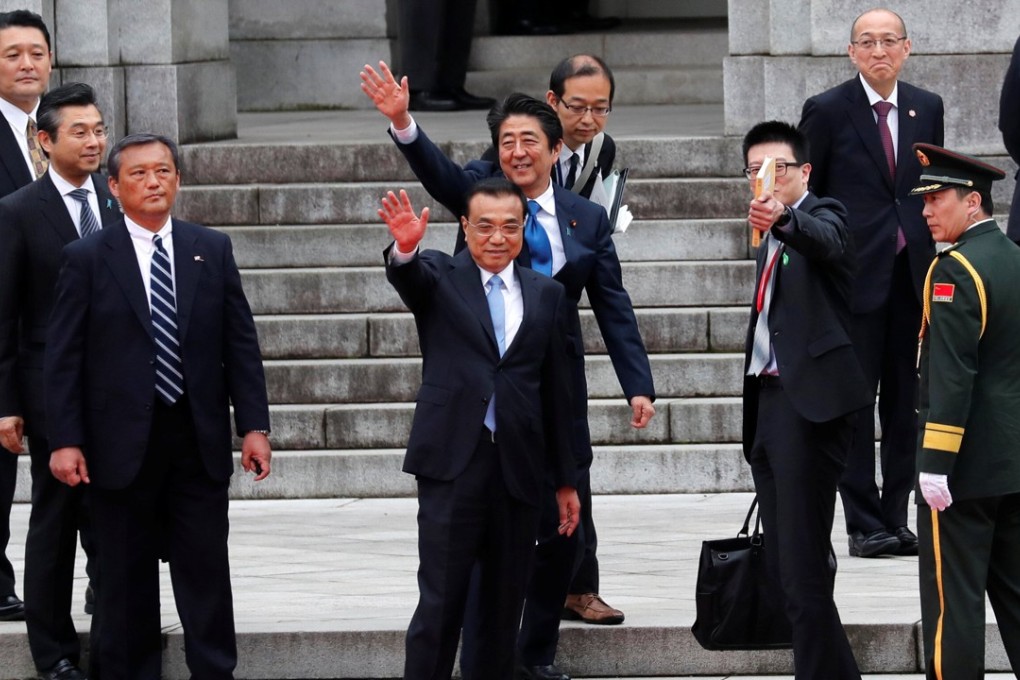China and Japan agree to set up hotline to prevent military clashes
Chinese Premier Li Keqiang and Japanese leader Shinzo Abe also vowed to reset ties and cooperate on infrastructure projects during talks in Tokyo

China and Japan vowed to reset bilateral ties and agreed to set up a hotline to prevent military clashes at sea and in the air, as well as cooperate on infrastructure projects during top-level talks on Wednesday.
The hotline for senior military officials to communicate in the case of incidents involving their navies or air forces will be launched within 30 days under an agreement signed after Chinese Premier Li Keqiang met Japanese Prime Minister Shinzo Abe in Tokyo.
They also agreed to push forward regular meetings between defence officials and to set up a communication mechanism to avoid maritime incidents when their naval vessels meet in disputed waters. But it would not cover those near the uninhabited islets known as the Senkakus in Japan and Diaoyus in China, which are controlled by Tokyo and also claimed by Beijing.
The two countries also agreed to resume a currency swap arrangement in times of financial emergency, and they will launch a public-private sector council to consider cooperation projects related to Beijing’s belt and road trade and infrastructure strategy.
China has also promised to grant Japan a 200 billion yuan (US$31.4 billion) investment quota, enabling Japanese institutional investors to buy altogether up to that amount in yuan-denominated stocks and bonds.